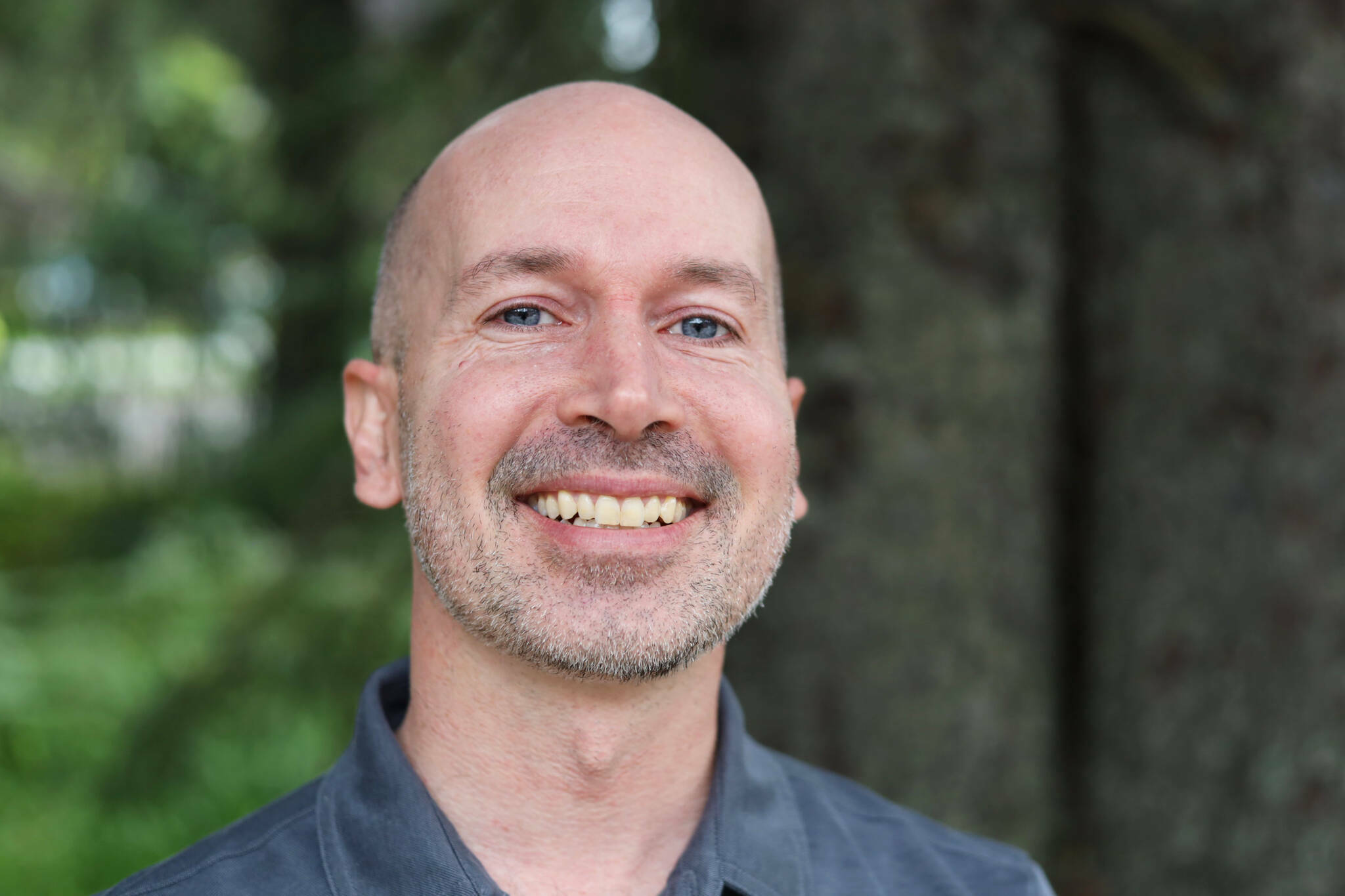I owe a couple of apologies and an explanation of what happened at the April 29 Assembly meeting with the resolution for a bilateral peace agreement.
To the people in our Jewish community, I’m sorry for not involving you more.
To the citizens who campaigned hard for this resolution, I’m sorry I let you down.
In February, the Juneau for Palestine group first presented the Assembly with a draft resolution calling for a ceasefire in Gaza. As a part of their campaign they attended my office hours one Saturday, spoke with me and invited me to one of their rallies. I hadn’t taken a position just yet, so after attending I called up some people whom I respect and trust. These were people in our local Jewish community who privately expressed to me their opposition to how the war was being conducted. One of them suggested that a ceasefire wasn’t enough and to call for an end of fighting on both sides. A friend who reached out to me recounted the trauma the Jewish community faced on Oct. 7.
I edited the draft so that it offered a more balanced perspective, but I sat on it for a while. Juneau for Palestine continued attending my office hours. Last month they asked to review my changes, which they told me they supported. I was hesitant. The Assembly was on the record about not taking up this issue, but I thought I could advance the discussion. Then the group came to me and suggested that I should introduce my resolution because they had secured a majority on the Assembly.
I consulted with city staff about how to bring it to the Assembly to gauge their interest as an informational item, one we wouldn’t take action on right away. I also felt that getting a draft out there in this way could bring in more community leaders. I was informed later that day that it was placed on the agenda by Assembly leadership as an action item. At that point I’m not sure if I could have withdrawn it, but I should have tried. This could have allowed for me to gather more input in other ways.
When the agenda was published online I started getting calls from people I had consulted. One person told me that while it was more balanced than other resolutions they’d seen, they had concerns and asked me to pull it. Another asked me why the Assembly was looking into this conflict in particular when there are so many around the world.
The margin of Assembly members who’d publicly voiced support for a resolution was already slim. When I learned that one of those people would be absent I decided that I should ask for it to be pulled at the start of the meeting. However, I was advised by the Juneau for Palestine group less than a minute before the meeting that despite the absence, they still had commitments from five Assembly members to vote yes. I decided then that this needed some sort of deliberation, especially with all of the citizens there.
I waffled on how to accomplish this within the Assembly’s procedures, which may have led to some awkwardness when we reached the item on the agenda. I knew it wasn’t ready, considering the input I’d gotten. One person texted during a break to suggest there were inaccuracies in the resolution. I thought of tabling it, but changed my mind. So I tried to have it referred to a committee so that changes could be made. However, I was outvoted. Then the question was called. I had no choice but to vote up or down. From the beginning I wanted this resolution to be balanced and to speak to the will of a united community. I was no longer confident that it did that. With no avenue left to consult with more of the community or make further changes I was in the awkward position of voting no on a resolution I’d introduced.
It weighs on me that I failed to build a consensus here or elevate the voices of my constituents. In my public service I remain committed to listening to all voices.
• Paul Kelly is an areawide member of the Juneau Assembly elected in October of 2023. He lives in Twin Lakes with his fiancée and two stepchildren.

